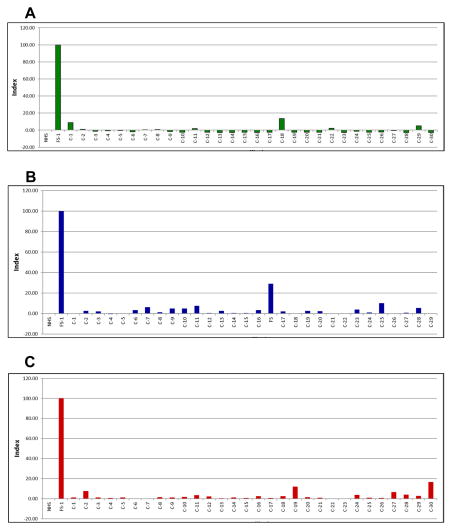Figure 3. Normal donors from endemic, non-endemic and US do not recognize Dsg1-EC1/Dsg3 bb.
The sera of three sets of normal individuals were tested by ELISA against Dsg1-EC1/Dsg3 bb coated plates. The sera were tested at 1:300 dilution and mouse anti-human IgG4 was used at the 1:2000 dilution. The plates were coated with 100 ng/well of Dsg1-Ec1/Dsg3 bb. The results are expressed in index values (scale of -20 to 100 is shown in the figure). Panel A shows the lack of reactivity of the sera of thirty normal individuals (C-1 to C-30) from the highly endemic area of Limao Verde, Brazil [4] compared with the reaction of FS-1 included as a positive control. Normal human serum (NHS) from the US served as a negative control. Panel B shows the lack of reactivity of the sera of twenty nine normal individuals (C1 to C-29) from non-endemic areas of Brazil (urban inhabitants of the cities of Sao Paulo and Belho Horizonte) compared with FS-1 and NHS. Donor C-17 was found later to be a case of FS undergoing therapy and in clinical remission. Panel C shows the lack of reactivity of the sera of thirty normal individuals (C-1 to C-30) from the UNC Blood Bank compared with FS-1 and NHS.

